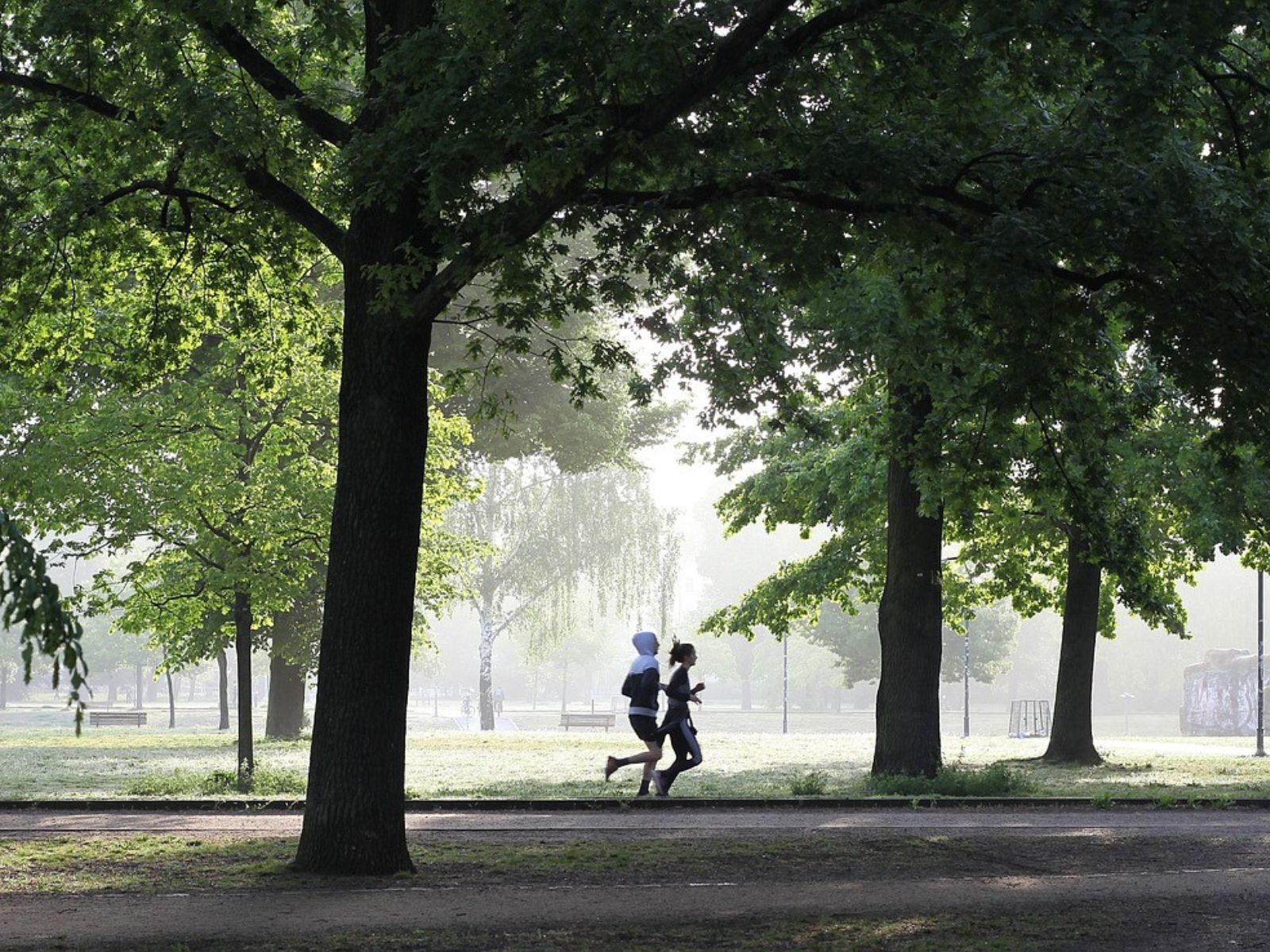Belgian Researchers: Cannabis Not Associated With Sedentary Lifestyle
Historically, one of the most common stereotypes perpetuated by cannabis opponents, mainstream media, and films is that cannabis...

